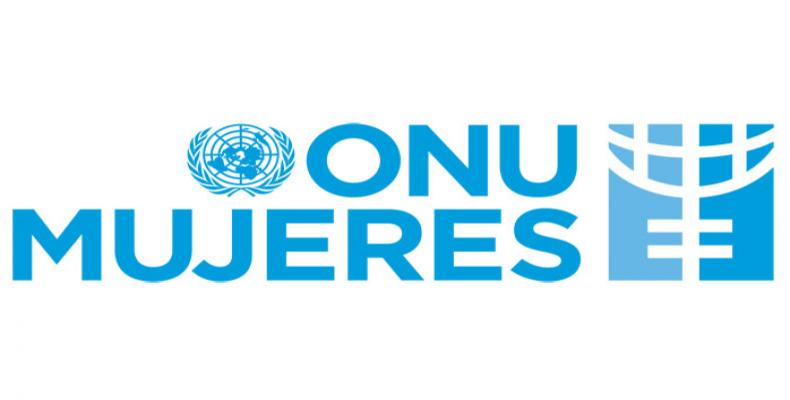Castries, January 28 (RHC-teleSUR) -- Representatives of the United Nations Entity for Gender Equality and the Empowerment of Women (U.N. Women) say the fact remains: political harassment and violence against women in the Caribbean and Latin America persists.
Parliamentarians from the Americas ended a two-day meeting in Saint Lucia on Wednesday with a plan of action to to address the issue. “What happens to women in politics, the comments made to them, things like ‘get out,’ ‘wait your turn,’ ‘stop talking.’ That is not a nice thing to do,” said Berthia Parle, Saint Lucia’s Deputy Senate President. “I think it’s wrong and I think everybody has a right to speak and by having meetings of this nature, and highlighting these issues it’s what’s going to promote or help the women to go into their parliaments and say to them enough is enough,”
U.N. Women Representative Tonni Ann Brodber says gender inequality is particularly glaring in the political sphere.
“For example, if a woman is in parliament and is told something specifically about her relationship with her partner, there is a privilege that the other person is working on, around the fact that men are usually not asked about their relationships in those spaces,” said Brodber. “However a woman’s value is often defined by her relationship. If we want to create those safe spaces, we have to address gender equality in the spaces of parliament.”
Just last week in Jamaica, a member of the opposition in the country’s parliament called the Youth Minister a “jezebel,” meaning a wicked, conniving woman. He was forced to withdraw the comment.
The participants said harassment in political life ranges from subtle forms of intimidation such as sexist language to more serious forms like physical aggression. They say these violations of women’s political rights reinforce traditional gender roles and male-dominated decision making, noting that parliaments have an important responsibility to address the problem.


